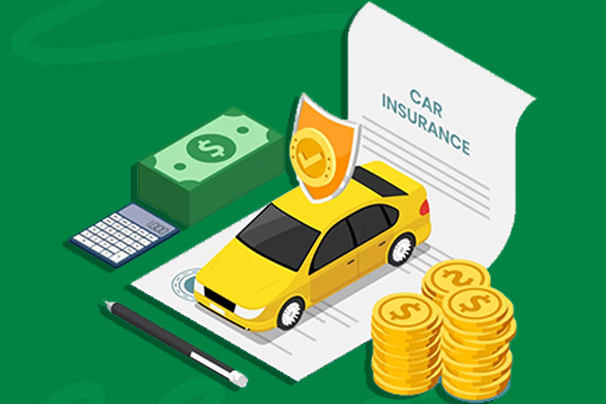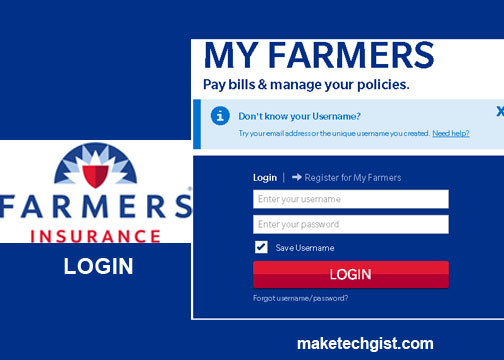If you have an auto loan, you may wonder if you need full coverage on a financed car. Most car loans require full coverage, and failure to carry it may be expensive. Additionally, this coverage refers to the typical car insurance policy, which covers various coverage that protects drivers from certain risks.

Generally, full coverage includes liability and physical damage coverage (both comprehensive and collision). Full coverage does not imply that you are protected for all scenarios. However, it is important if you have a financed vehicle. This article will help you understand if you need full coverage on a financed car, the duration to finance car, and other factors to consider for your loan application.
What Is Full Coverage
Full coverage car insurance is a type of policy that involves the state minimum coverage and includes at least two policies such as comprehensive and collision insurance. In addition, you are required to keep at least your state’s minimum coverage requirements to drive in every state excluding New Hampshire and Virginia. Moreover, many states needs bodily injury liability (BI) and property damage liability coverage (PD).
However, most states might also need personal injury protection (PIP), medical payments policy (MedPay), or uninsured/underinsured motorist policy (UM/UIM). Also, a most full coverage policy also involves gap insurance which can assist to cover your auto loan off during a complete loss. Certain lenders need motorists to keep gap coverage for the period of their car loans.
Do I Need Full Coverage on a Financed Car
If you drive a financed car, you must maintain full coverage. Lenders require that you have full car insurance coverage for the term of the loan. Full coverage simply implies that the lender is financially covered in the event of an accident caused by the driver (though you must first pay your deductible). Additionally, insurance provider might not compensate when you file a claim if you have liability coverage which is one reason you need full coverage on a financed car.
However, full coverage implies that the insurance provider will assist you with your claim. For instance, your lender who is named as the lienholder on your auto policy will get the cheque straight from your provider. This can occur in an even of an accident and your insurer approves the claim since you have full coverage.
What Happens If You Don’t Have Full Coverage on a Financed Car
When you fail to use full coverage on a financed car can be very expensive. In addition, you will sign a contract committing to use full coverage when you borrow money to purchase an automobile. Moreover, if you lower or cancel your insurance, you are basically breaking the rules of your agreement.
Generally, the loan company will reply in one of two ways:
End your car loan
According to some researchers, your lender might be able to have the ability to end your car loan and take back your car.
Obtain coverage on your behalf
In most situations, the insurance provider will obtain coverage on your behalf. Generally, this coverage might be very expensive than when you obtain your own policy. Also, the monthly rate of coverage to your car loan will be included by the lender. However, if you fail to reimburse for it, they will take back your car.
Furthermore, it’s also feasible that you end coverage and the lender is unaware of it. However, if you get into an accident or your vehicle is stolen, you are at risk. Even if your vehicle has been wrecked or stolen, you may be compelled to continue paying payments.
How Many Years Can You Finance a Used Car
If you want to finance a used car, the term agreement in your contract will indicate how many years you will have to reimburse your lender before you can obtain your title anytime you finance a car. For instance, your lender will retain the title to your car until the conclusion of the 36-month loan period if you apply for financing and are approved for a used car. However, your used car will only require full coverage for the duration of the loan.
How to Get Full Coverage on a Financed Car
Obtaining full coverage auto insurance for a financed car does not have to be difficult. In addition, you can compare vehicle insurance quotes. Furthermore, most providers offer the best value coverage options and rapid quotations without requiring you to use your credit card or lose time.
Final Thought
If you utilize a car loan to get a new or used car, the lender will most certainly demand you to obtain full-coverage insurance. This policy covers you and your vehicle in a variety of situations that may result in property damage or physical injury. Additionally, it also secures the lender’s investment. In some circumstances, you will also require gap insurance. Moreover, if you choose not to have full coverage on a rented vehicle, you may be breaking your loan agreement. Furthermore, the lender can get force-placed insurance or repossess your vehicle.





